College Guidelines and Procedures
-
-
Mother Teresa Catholic College (MTCC) welcomes feedback from all members of the College community and takes all complaints or concerns that may be raised seriously. We will respond to all complaints promptly and thoroughly.
-
Junior School teachers are to be aware of the SCSA statements on Early Childhood (K – 2) and Middle Childhood (3-6). These outline priorities for each phase of schooling and gives guidance on the sorts of assessment experiences likely to support students in each phase.
-
At Mother Teresa Catholic College, students are given valid and explicit assessment which are fair and offer opportunity for all to demonstrate their knowledge of the content explored. The classroom teacher is responsible for guiding students through the process of task development and supporting the student to improve their skills. This will require good communication between the class teacher, student, and parent/caregiver. Assessment is not just about measuring learning and achievement but also about students developing skills they can use for life. Assessment practices used throughout the college will show an awareness of the developmental needs of the individual student.
-
Mother Teresa Catholic College community members are called to be respectful, to honour the giftedness and spirit of each member, recognising the good in each person. As such the following guidelines serve to support the staff in the development of appropriate classroom and playground behaviours that will support a safe and secure learning environment for all.
-
We aim to create and maintain a learning environment that is safe, respectful, encouraging and inclusive so that each person can strive to achieve success. We believe that every person in our College has the right to feel safe, connected, supported, challenged, valued and respected. For these rights to be upheld, we all have both the individual and shared responsibility in shaping and maintaining a positive environment for all.
-
On all occasions, the formal and sport uniform should be clean, neat and in good repair. Items are not interchangeable. Personal presentation and accessories need to be consistent with the College uniform. Fashion dictates there will often be some disparity between current trends and College expectations. It is unrealistic for the College to respond to trends on a seasonal basis, so it is without reservation that we set requirements that ensure health and safety, as well as setting a high standard for personal presentation.
-
Sports shoes or joggers must be conservative in colour; predominantly black, navy or white. Shoes predominately fluorescent in colour are not acceptable. Approved sports shoes or joggers are those which provide the required support and structure to safely engage in sporting activities. Supportive shoes have a firm heel and inflexible sole. Laces must always be tied up in the appropriate manner.
-
Mother Teresa Catholic College’s Inclement Weather Guidelines comply with all government legislation and CEWA’s Guidelines within CECWA’s Strategic Directions 2019-2023. We are committed to the safety and wellbeing of all Students. Where required The Principal will ensure the correct modification and process is implemented to align with staff and student safety and wellbeing.
-
Mother Teresa Catholic College is an inclusive learning community seeking to grow strong in faith and love. In living the Gospel values and inspired by Mother Teresa’s spirit of outreach and love for all human beings, we aim to challenge ourselves and each other to connect with learning about ourselves, one another and the wider world, so that everyone may contribute with confidence, courage and creativity towards making the world a better place for all peoples.
-
Mother Teresa Catholic College is comprised of a wide variety of individuals who work together to educate our students to become confident, well-educated members of the community who are prepared to contribute as citizens, to cooperate with others and act reflectively and ethically.
-
The Catholic Education Commission of Western Australia (CECWA) has a responsibility to make a Catholic education available to all Catholic students whose parents seek a Catholic education for them, insofar as this is possible, while embodying the Church’s special preference for the poor and disadvantaged. Schools have a responsibility to communicate the financial constraints under which they operate to parents enrolling their children in Catholic schools. Parents are asked to make a commitment to support Catholic education financially by paying fees.
DOWNLOAD HERE
-
Ensuring the safety and well-being of our students, staff, and families remains our highest priority. We kindly ask for your cooperation in adhering to the following guidelines:
E-Scooters and Bikes: Students are not permitted to ride e-scooters or bicycles on school grounds. This rule is in place to prevent accidents and maintain a safe environment for everyone.
Children’s Crossing Guard: For the safety of all pedestrians, we strongly encourage families to utilize the designated crossing areas when arriving at or leaving the school.
‘Kiss and Drive’ Zone: Please note that the ‘Kiss and Drive’ bays are cordoned off after the morning drop-off and will remain closed until 3:00 PM. If you arrive before this time, we kindly request that you park your vehicle and walk to collect your child. Vehicles should not wait along Eighty Road or within the College driveway in anticipation of the bays reopening. These bays are strictly for drop-off and pick-up only. Please be aware that the Rockingham City Council Ranger may issue fines to drivers who wait on Eighty Road.
Restricted Parking Areas: To support the needs of our parish community, we remind parents and caregivers that parking is not permitted in the following areas:
The gravel driveway and car park
The Priest’s House/Parish Office
The grassed area between the Church and the Priest’s House
These areas must remain accessible for parishioners attending daily Mass and for funeral services.
We appreciate your understanding and cooperation in following these traffic and safety procedures. By working together, we can ensure a secure and efficient environment for all members of our school community.
-
